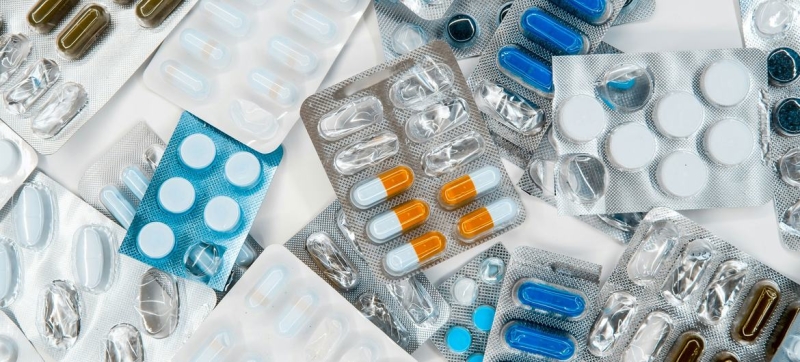
Semaglutide-based drugs are not currently included in WHO-recommended medications for the treatment of diabetes. WHO warns of counterfeit drug Ozempic Health
The World Health Organization (WHO) has issued a warning about counterfeit semaglutide drugs used to treat type 2 diabetes and, in some countries, obesity.
WHO reports the identification of three falsified batches of semaglutide-based drugs known as Ozempic: in Brazil in October 2023, the United Kingdom in October 2023 and the United States in December 2023.
At the same time, since 2022, there has been an increase in the number of reports received by the WHO Global System for Surveillance and Monitoring of Substandard and Falsified Medical Products (GSMS) about the identification of counterfeit drugs in based on semaglutide in all regions of the world. The published warning is the first official statement from WHO on this topic.
“WHO encourages health professionals, regulators and the public to be aware of the presence of these falsified batches of medicines in circulation,” said WHO Assistant Director-General for Access to Medicines and Health Products Yukiko Nakatani. She emphasized the need to stop using suspect drugs and report them to the appropriate authorities.
Increasing demand for Ozempic
Semaglutide-based drugs, including Ozempic, falsified samples of which were found in circulation, are prescribed to people with type 2 diabetes to lower blood sugar levels . Semaglutides also reduce the risk of adverse cardiovascular events.
Most semaglutide-based drugs are prescribed for weekly subcutaneous injections. Some of them are also available in the form of tablets for oral administration. These drugs, in addition to lowering blood sugar levels, have been shown to suppress appetite, and are therefore increasingly being prescribed for weight loss in some countries.
WHO notes an increase demand for these drugs, as well as an increase in the number of reports of their falsification. Taking these counterfeit medications can have serious health consequences. If they do not contain the necessary active substances, counterfeit drugs can lead to complications associated with ineffective correction of blood glucose levels or body weight. In other cases, an injectable medicine may contain an undeclared active ingredient, such as insulin, which can cause unexpected consequences.
Semaglutide-based drugs are currently not included in WHO-recommended drugs for the treatment of diabetes due to their high cost. The price barrier makes these products unsuitable for an approach that aims to ensure the widest possible access to medicines. In addition, there are less expensive treatments for diabetes that are comparable in effect to semaglutide. 1, including semaglutide, for the treatment of obesity in adults as one element of complex therapy.
Measures at the individual level
To protect against counterfeit drugs, WHO recommends purchasing medications only with a doctor’s prescription, and refraining from purchasing drugs from unfamiliar or unverified suppliers, for example, on the Internet.
It is also recommended to systematically check the packaging of drugs and the expiration date and take them strictly as prescribed by the doctor. When purchasing semaglutide for injection, you must ensure that the drug has been stored in the refrigerator. Reports of counterfeit medicines can be sent to WHO at rapidalert@who.int.
